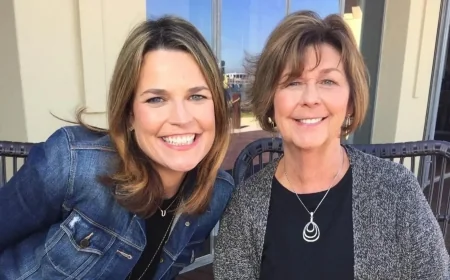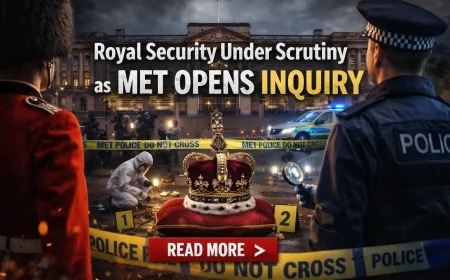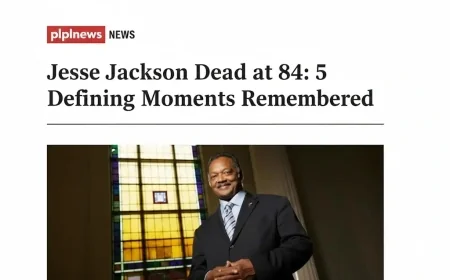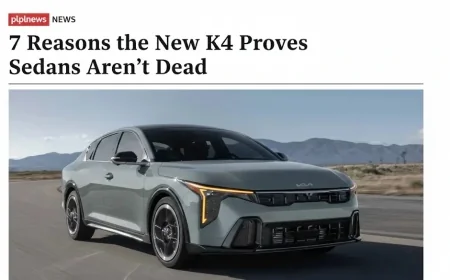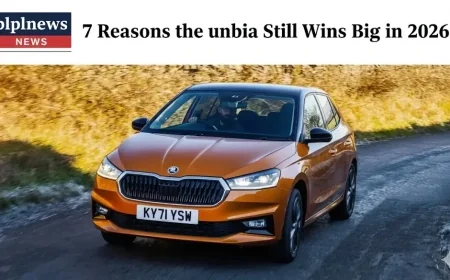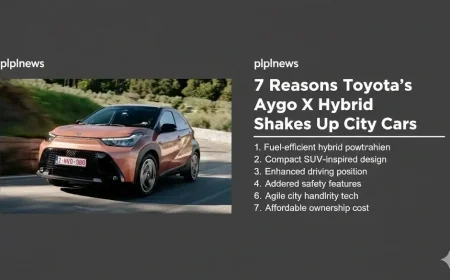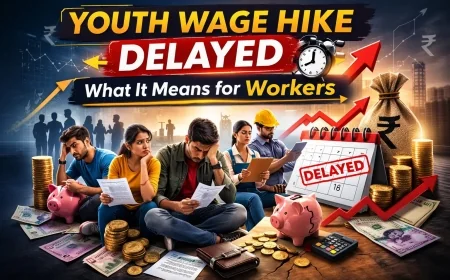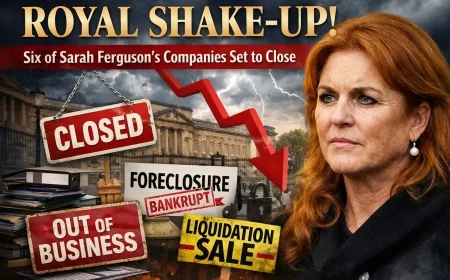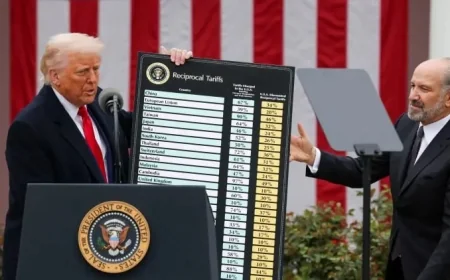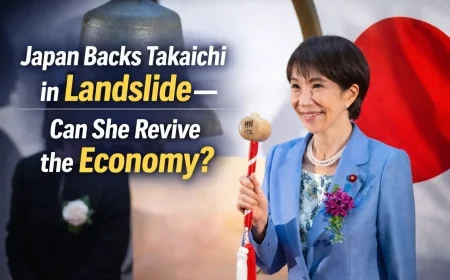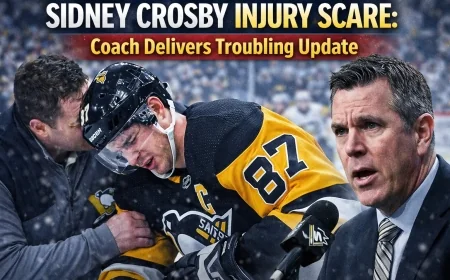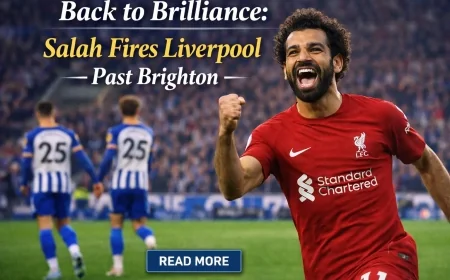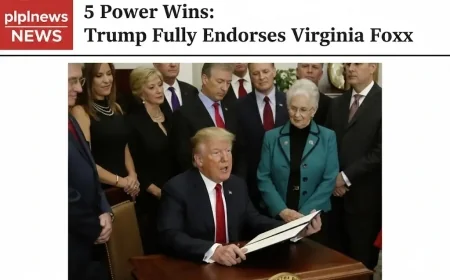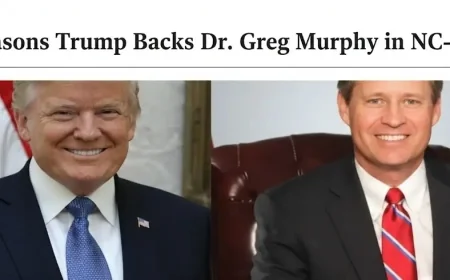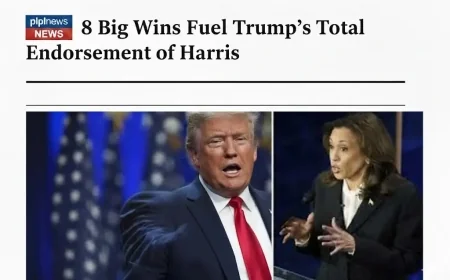Labour MPs Support Gambling Tax to Tackle Child Poverty
Nearly a quarter of Labour MPs have signed a petition urging the Chancellor to increase taxes on gambling companies and use the money to lift benefit restrictions on families with more than two children.

The campaign, which has the support of 101 Labour MPs, says that taxing gambling could raise £3 billion, lifting half a million children out of poverty.
Rachel Reeves is facing pressure from her own party, including former Prime Minister Gordon Brown, to remove the two-child benefit limit when she presents her budget on November 26.
The UK Betting and Gaming Council has said that raising taxes on the industry could drain billions of dollars from the economy and cost thousands of jobs.
Almost immediately after winning the 2024 general election, the Labour government faced demands from its own MPs to remove the cap, which limits Child Tax Credit and Universal Credit (UC) to the first two children in most households.
At the time, the government argued that it did not have sufficient funds to remove the cap, but it established a Child Poverty Taskforce to consider measures to address child poverty.
The taskforce was scheduled to present its findings in the spring, but publication has been delayed.
Conservative leader Kemi Badenoch has strongly opposed removing the cap, arguing that taxpayers, "many of whom are struggling to raise their own children or choose not to have them at all," should not be "funding unlimited child support for others."
However, senior Labour Party figures have continued to press for change, including Dame Meg Hillier, chair of the Treasury Select Committee, who argued that "this is the only way to lift children out of poverty in this Parliament."
The Chancellor faces a £20 billion gap in meeting her tax and spending rules and may be reluctant to spend £3.5 billion, which experts say would be significantly affected by removing the cap.
She has already indicated that she is considering tax increases and spending cuts to provide economic relief.
The government is currently discussing plans to merge various betting taxes from October 2027 to adapt the system to the era of online gambling.
The Social Media Foundation think tank has argued against merging the taxes and instead suggests that "higher rates, which are more harmful and contribute less to the British economy, such as online slots, should be taxed more heavily."
He said, "Sectors that are less harmful and contribute more to the economy, such as traditional horse racing betting, should be taxed less."
Gordon Brown has supported proposals from the IPPR think tank that the tax on online gambling should be increased from 21% to 50%.
The IPPR has also said that the tax on slot machines should be increased from 20% to 50% and the tax on non-racing bets should be increased from 15% to 25%.
Almost immediately after winning the 2024 general election, the Labour government faced demands from its own MPs to remove the cap, which limits Child Tax Credit and Universal Credit (UC) to the first two children in most households.
At the time, the government argued that it did not have sufficient funds to remove the cap, but it established a Child Poverty Taskforce to consider measures to address child poverty.
The taskforce was scheduled to present its findings in the spring, but publication has been delayed.
Conservative leader Kemi Badenoch has strongly opposed removing the cap, arguing that taxpayers, "many of whom are struggling to raise their own children or choose not to have them at all," should not be "funding unlimited child support for others."
However, senior Labour Party figures have continued to press for change, including Dame Meg Hillier, chair of the Treasury Select Committee, who argued that "this is the only way to lift children out of poverty in this Parliament."
The Chancellor faces a £20 billion gap in meeting her tax and spending rules and may be reluctant to spend £3.5 billion, which experts say would be significantly affected by removing the cap.
She has already indicated that she is considering tax increases and spending cuts to provide economic relief.
The government is currently discussing plans to merge various betting taxes from October 2027 to adapt the system to the era of online gambling.
The Social Media Foundation think tank has argued against merging the taxes and instead suggests that "higher rates, which are more harmful and contribute less to the British economy, such as online slots, should be taxed more heavily."
He said, "Sectors that are less harmful and contribute more to the economy, such as traditional horse racing betting, should be taxed less."
Gordon Brown has supported proposals from the IPPR think tank that the tax on online gambling should be increased from 21% to 50%.
The IPPR has also said that the tax on slot machines should be increased from 20% to 50% and the tax on non-racing bets should be increased from 15% to 25%.
What's Your Reaction?
 Like
0
Like
0
 Dislike
0
Dislike
0
 Love
0
Love
0
 Funny
0
Funny
0
 Angry
0
Angry
0
 Sad
0
Sad
0
 Wow
0
Wow
0
